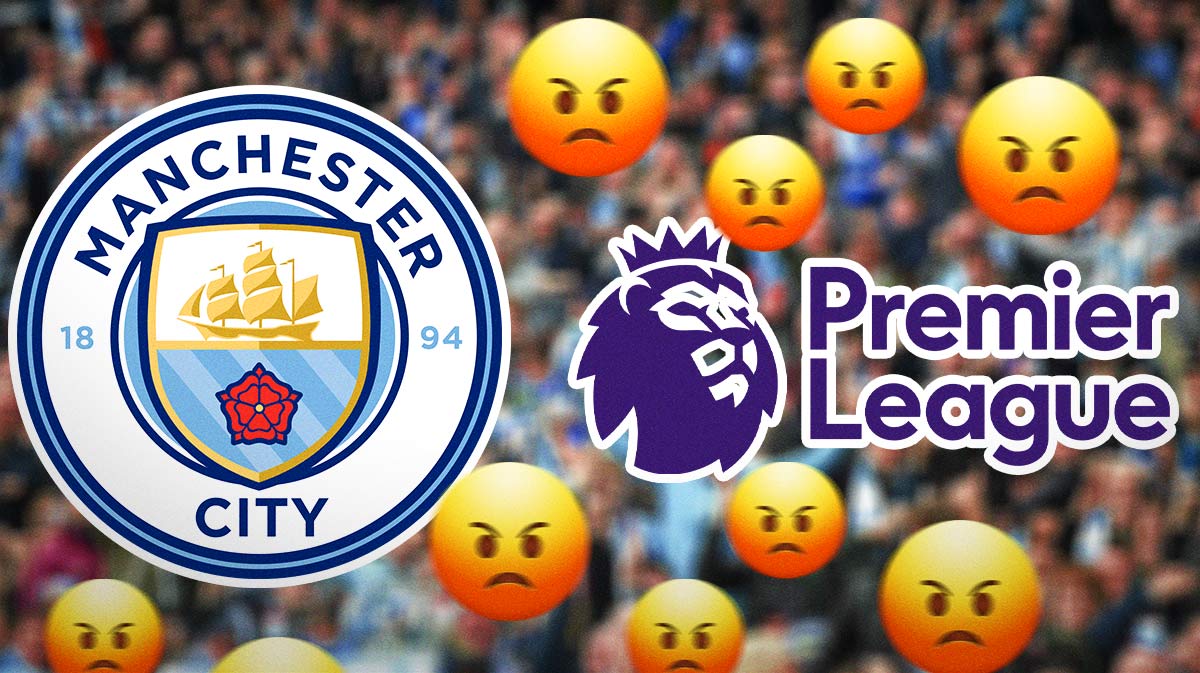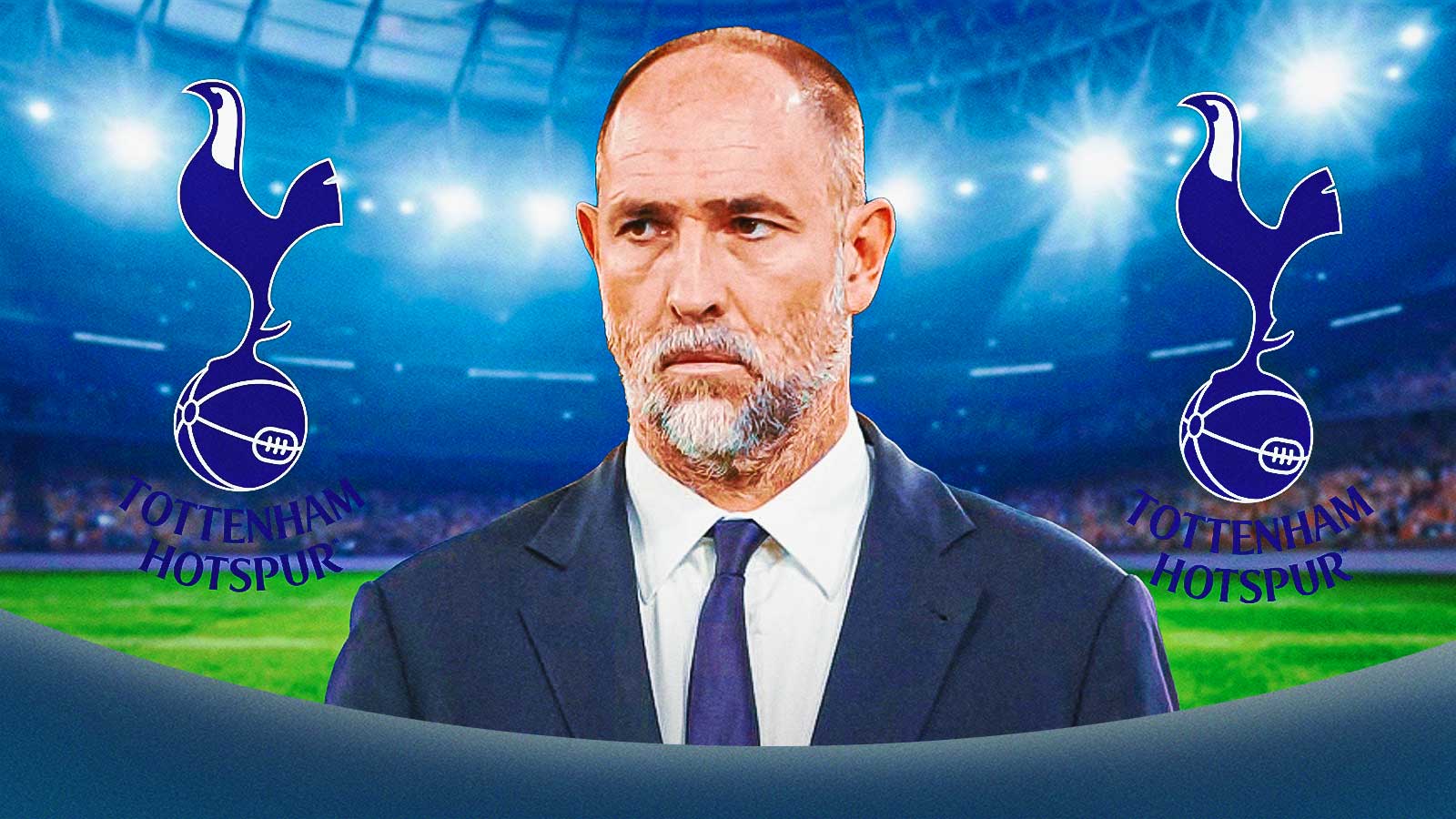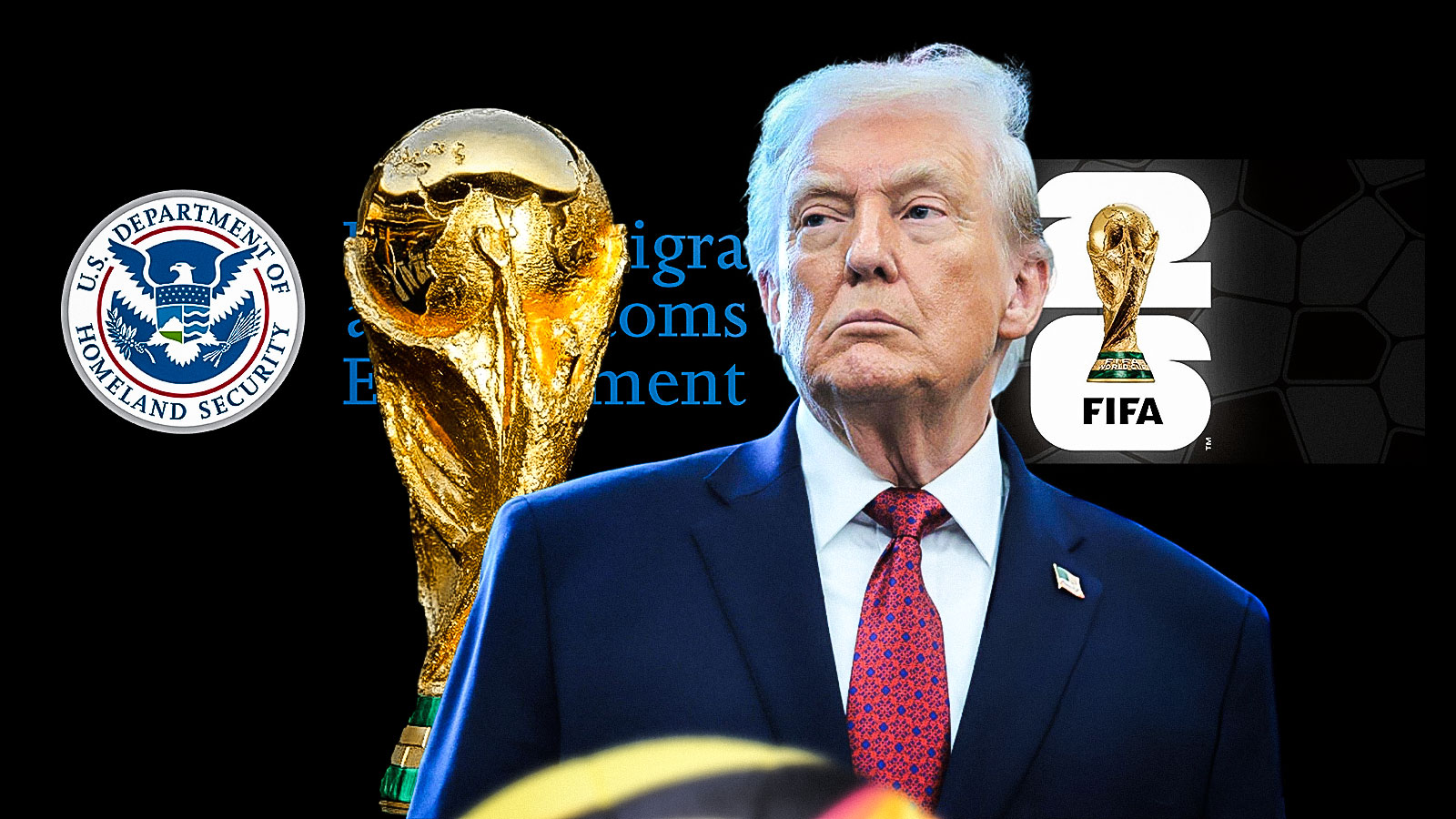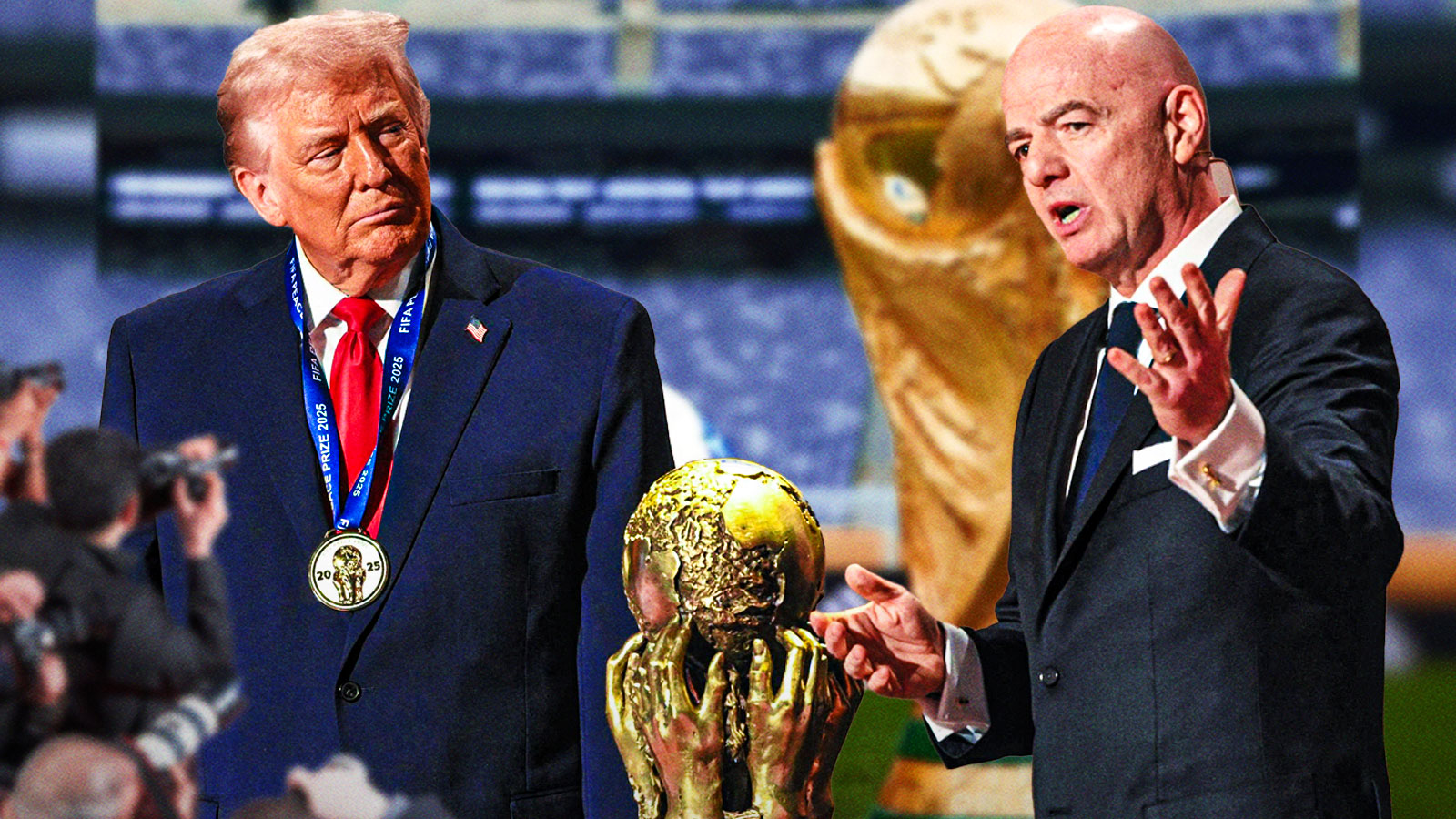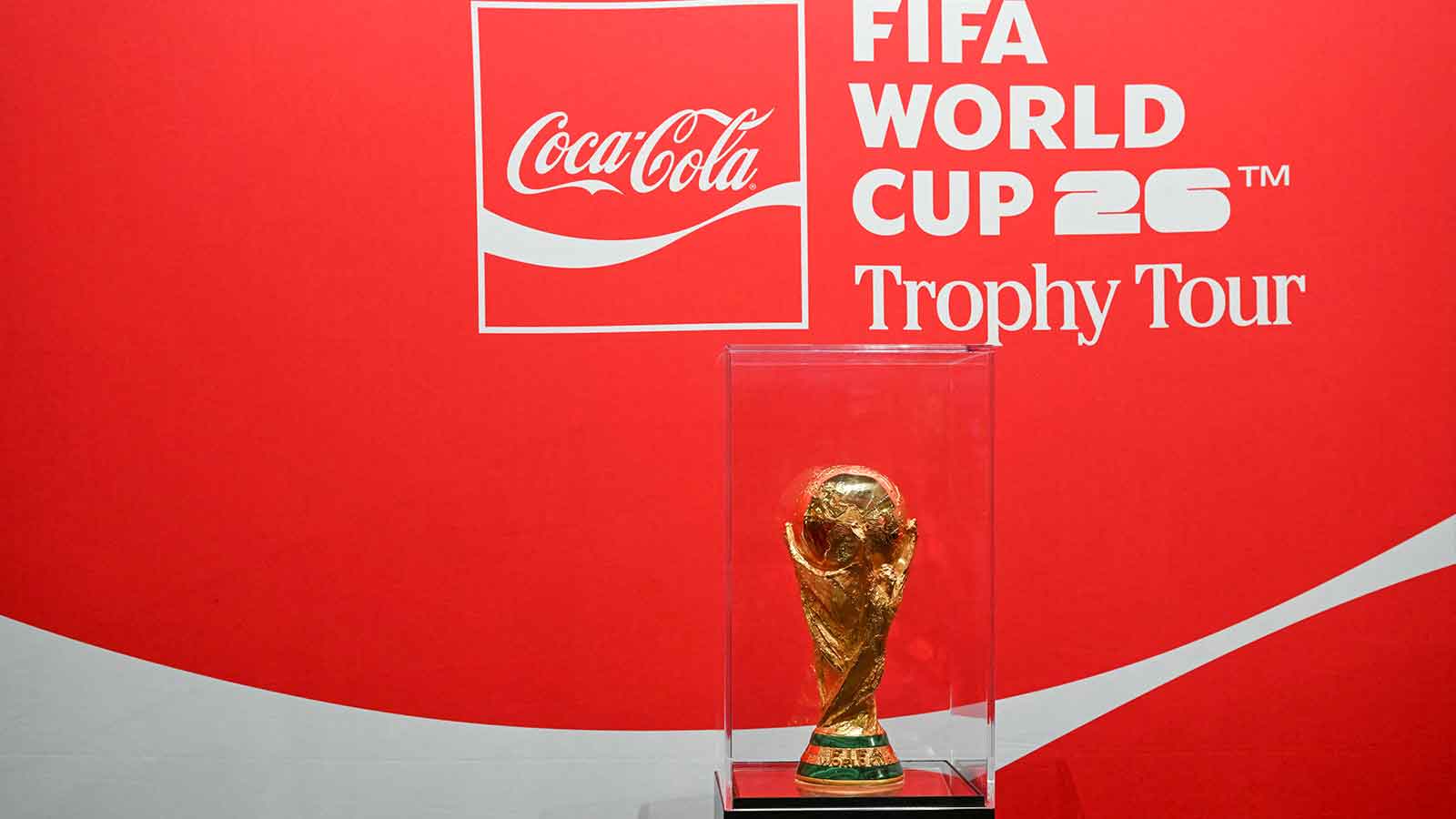The Premier League finds itself embroiled in controversy as criticism mounts over proposed changes to Financial Fair Play (FFP) regulations, sparking accusations of favoritism towards big-spending clubs like Manchester City and Chelsea, reported by GOAL. Everton and Nottingham Forest bear the brunt of the current system, facing point deductions amid ongoing legal battles, while their affluent counterparts await verdicts on their own alleged breaches.
Unfair Treatment: Everton & Nottingham Forest Penalized
The recent sanctions imposed on Everton and Nottingham Forest have intensified scrutiny on the Premier League's handling of financial regulations. With both clubs grappling with relegation concerns, the deduction of vital points has sparked outcry, particularly amidst the backdrop of potential leniency for wealthier clubs. Everton's Pat Nevin voiced frustration, highlighting the inconsistency and perceived injustice in the league's disciplinary actions.
Despite facing numerous charges, reigning champions Manchester City have yet to face sanctions, raising questions about the league's approach to enforcing FFP guidelines. Similarly, Chelsea's extravagant spending under new ownership has triggered concerns over compliance with financial regulations. As the fate of these high-profile clubs hangs in the balance, the perceived disparity in treatment between them and their less affluent counterparts fuels discontent among fans and experts alike.
Amidst growing discontent, calls for reform have emerged, with proposals to overhaul existing FFP and Profit and Sustainability Rules (PSR) gaining traction. The prospect of “extreme punishments” being circumvented in the future has sparked debate over the integrity and fairness of financial regulations within the Premier League. While the specifics of these proposed changes remain unclear, their potential implications for clubs facing disciplinary action underscore the need for greater transparency and accountability in the enforcement of financial regulations.
What Pat Nevin said
Former Chelsea and Everton star Pat Nevin's critique of the Premier League's handling of FFP issues echoes sentiments shared by many within the footballing community.
Nevin said: “Everton have had another two points taken off them. It is painful, losing 10, getting four back and then losing another two. This entire story has felt like a shambles on all sides. As the rules change – and they most certainly will radically again – will teams who fall foul in future suffer the same extreme punishments? I doubt it, which will mean and feel like Everton, and to a degree Nottingham Forest, will have been singled out for especially egregious treatment.
“I hope this is now over, but I suspect the more that rules are being made and then judged by people with no feel for or love of the game, the more ludicrous and unfair the future of the game will be. The Premier League is a fantastic product that the world loves, despite – not because of –what the game’s controllers are currently doing. PS: I know I am biased as an Evertonian, but I would feel the same if it happened to Liverpool, Manchester United or Tottenham.”
Nevin's take that clubs in the future may evade severe penalties underscores concerns over the equitable application of regulations. As the debate intensifies, the need for impartiality and integrity in governance becomes increasingly important to preserve the integrity of the game.
What's next in the Premier League
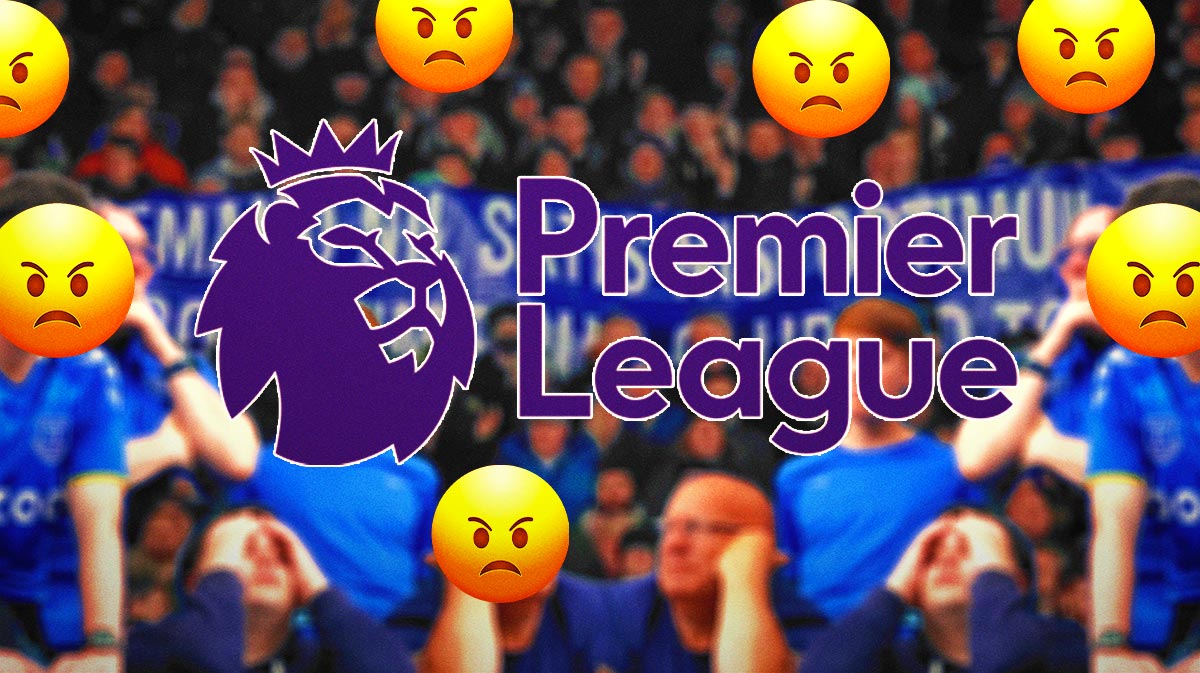
For Everton and Nottingham Forest, the road ahead remains full with uncertainty as they navigate appeals against their respective penalties. Meanwhile, Manchester City and Chelsea await the outcome of ongoing investigations, with their financial conduct under fire. As the saga unfolds, the Premier League faces mounting pressure to address concerns surrounding FFP enforcement and restore faith in the integrity of its regulatory framework.
In the pursuit of fair play and accountability, the Premier League must heed the voices of fans, players, and experts alike, ensuring that financial regulations serve the best interests of all clubs and uphold the fundamental principles of sporting integrity. Only through transparent and equitable enforcement can the league safeguard the competitive balance and credibility of English football.

